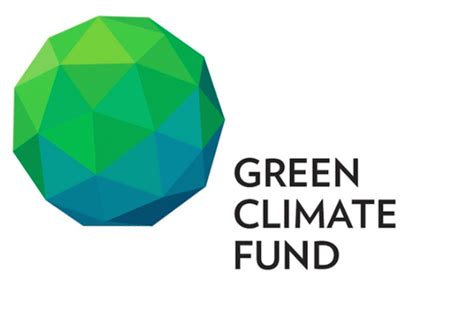Learn About
Technology Needs Assessment (TNA)
Introduction
A Technology Needs Assessment (TNA) is a set of activities that identify and analyse technology priorities for mitigation and adaptation to climate change of developing countries such as Lesotho. The TNA project has allowed Lesotho to identify climate technology pathways that assist in the implementation of the Paris Agreement under the United Nations Framework Convention on Climate Change (UNFCCC). The process is country-driven, requiring heavy stakeholder engagement and local capacity building. Thus, stakeholder engagement was the primary tool used during the project. The scope and depth of the Lesotho TNA is well aligned to national development objectives and allows national stakeholders to explore synergies with other national processes, striving towards the implementation of Nationally Determined Contributions (NDC). The technologies will contribute to and enhance the Government of Lesotho’s ongoing efforts in ensuring a resilient and low-carbon economy. Lesotho’s TNA is focused on agriculture and water resources as priority sectors under the adaptation component of the project. The choice of sectors selected for assessment was informed by national policies and selected by the technical team through a series of stakeholder consultations in collaboration with the Lesotho Meteorological Services and the National Climate Change Committee within the context of the Climate Change Policy. On the other hand, TNA identifies and prioritises mitigation technologies for the identified key sectors of Energy and Agriculture, Forestry and Othe Land Use (AFOLU) based on the country development needs and priorities. Sectors prioritized for GHG mitigation have high GHG emissions, large potential for implementing feasible mitigation options, high potential for applying low-carbon technologies and in compliance with national development goals.
Project Objectives
1. To identify and prioritise mitigation and adaptation technologies for selected sectors.
2. To identify, analyse and address barriers hindering the deployment and diffusion of the prioritised technologies, including the enabling framework for these technologies.
3. To conduct a Technology Action Plan (TAP), which is a medium/long-term plan for increasing the implementation of identified technologies, based on the inputs obtained from the previous two steps.
4. To prepare updated and improved TNA, including TAP, for prioritized technologies that reduce greenhouse gas (GHG) emissions, support adaptation to climate change, and are consistent with Nationally Determined Contributions (NDC) and national sustainable development objectives.
Project Activities
1. To identify and prioritize through a country-driven participatory process, technologies that can contribute to mitigation and adaptation for selected sector/subsectors, while meeting national sustainable development goals and priorities.
2. To identify, analyse and address barriers hindering the acquisition, deployment, and diffusion of prioritised technologies including enabling the environment for the same.
3. Based on the inputs obtained from the two previous steps, develop Technology Action Plans (TAP) specifying activities and enabling frameworks to overcome the barriers and facilitate the transfer, adoption and diffusion of selected technologies. This step will include the development of specific project ideas for each prioritized sector.
| Project Components | Project Outcomes | Project Outputs |
| 1. Strengthening Lesotho’s capacity to collect and process climate change data into useful information for policymaking and reporting to the United Nations Framework Convention on Climate Change (UNFCCC). | 1. Lesotho uses climate change data and information as input to plan, monitor and report climate change strategies, policies and actions in compliance with the Enhanced Transparency Framework. | 1.1. Institutional arrangements and legal framework to collect and manage GHG Inventory data and NDC tracking data drafted and submitted to the government for adoption. |
| 1.2. National GHG Inventory Management System improved and relevant stakeholders trained on IPCC´s latest guidelines and tools for national GHG inventories. | ||
| 1.3. National MRV system designed, tested and operationalized and Ministry staff/local authorities and other relevant stakeholders trained on tracking Nationally Determined Contributions according to the ETF, including co-benefits for SDGs achievement. | ||
| 2. Monitoring and Evaluation (M&E) | 2. Project is effectively monitored and evaluated | 2.1 Monitoring and evaluation products are delivered |




